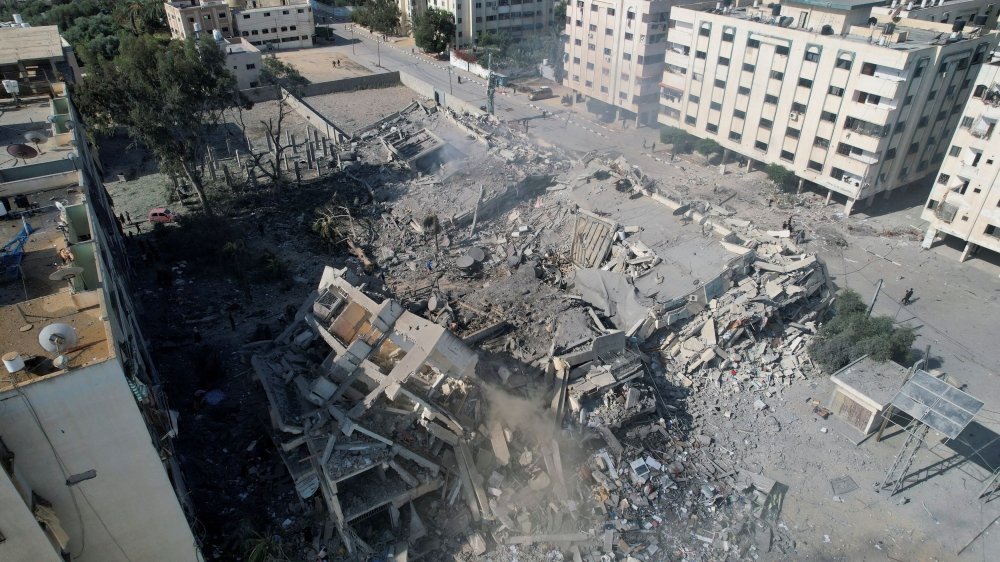OCTOBER 21 ― In a world plagued by conflict, I find myself seething with frustration at the United Nations Security Council.
Established after World War II, this body was supposed to be our beacon of hope for global peace and security. Yet, it has become a symbol of collective inaction and a breeding ground for despair.
Consider the ongoing Israel-Palestine conflict, a decades-long tragedy marked by a relentless cycle of violence and suffering.
Its inability to intervene effectively in this situation is not just disappointing; it’s maddening.
The heart-wrenching images of innocent lives shattered, homes reduced to rubble, and generations scarred by the horrors of war should enrage us all.
In the face of such relentless violence and human suffering, its reluctance to act echoes through the ages, leaving a trail of frustration and anger in its wake.
This very conflict is a parable for its inability to evolve and adapt to the changing dynamics of our world. It serves as a painful reminder of the human cost of its paralysis.

The grim reality of injustice
Its most egregious failure is its response to humanitarian crises of inhumane proportions. Another example is the plight of the Rohingya people in Myanmar, where mass atrocities have unfolded. The international community’s collective apathy in the face of this horror is nothing short of revolting.
It’s not just about political paralysis; it’s about a deep-seated disregard for human life. Inaction in the face of such atrocities is not just disheartening; it’s enraging.
We should be shouting from the rooftops, demanding justice for the oppressed, but instead, we are left to stew in frustration. The Rohingya crisis serves as a painful reminder of its inability to act decisively in the face of grave injustice.
Its continued silence in the face of such grave injustices is a glaring reminder that the moral compass of the world has lost its direction. It stands as a parable for the global community’s failure to uphold the values of justice and human rights. It highlights how this institution has become one that watches atrocities unfold with indifference.
A cry for reform
The time for change is long overdue. Its stagnation is a source of not just disappointment but profound anger.
We need to dismantle this ineffective institution and rebuild it from the ground up. The world deserves a body that is responsive to the urgent needs of our time.
Consider the staggering toll of lives lost and people displaced by wars since World War II. It’s estimated that more than 70 million people have been forcibly displaced, and millions of lives have been lost in conflicts worldwide.
Inability to prevent such colossal human suffering is an indictment of its ineffectiveness. These grim statistics serve as a stark reminder of the cost of inaction in the face of global crises.
In today’s world, might is no longer the determinant of right. It was established at a time when the victors of World War II sought to maintain their dominance.
But the world has evolved, and our understanding of justice, equality, and human rights has deepened. It’s time for it to catch up. Its failure to adapt to the changing norms of the international community is a parable for the obsolescence of power-based decision-making.
Our call for reform cannot be a mere whisper; it must be a thunderous roar. We, the people of this world, have the power to reshape it into an entity that truly serves humanity.
It’s time to shed the weight of the past and usher in an era where justice, equality, and peace are not just empty promises.
As I examine the history of inaction in the face of grave injustices, particularly in the Israel-Palestine conflict and the Rohingya crisis, I am reminded of the words of Nelson Mandela: “It always seems impossible until it is achieved.”
Let us rally together, demand reform, and make the impossible a reality. The time for action is now. It is our moral duty to ensure that it evolves and fulfils its intended role as a guardian of peace and justice in our world.
* This is the personal opinion of the columnist.






















